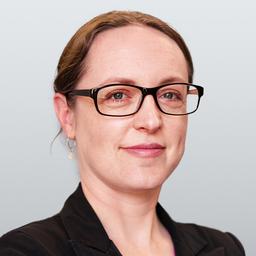LOS ANGELES—Kat Magill, founder and executive director of the organization Say Word, stumbled upon spoken word poetry at the age of 17.
She said she was shaking while reading from the paper in her hands in front of a paltry group of ten people. But those ten people introduced her to something she had never experienced before. They didn’t talk over her, didn’t tell her who she was, and didn’t reprimand her.
“It was the first time I was heard,” said Magill.
Magill has come a long way since then. After going on to win spoken word “slam” competitions and touring as a professional performance poet, she began working with youth who wanted to tell their own stories through poetry in the Los Angeles and Pomona areas. Soon, more and more youth began to come.
“That’s obviously how most things start, right?” she said. “Something changes your life, and you go, ‘Wow, this really changed my life. How do I give this to other people?’”
Say Word, which officially began in 2011, now helps 500 to 700 youth per year aged 15-24 develop their own personal narrative through spoken word poetry.





